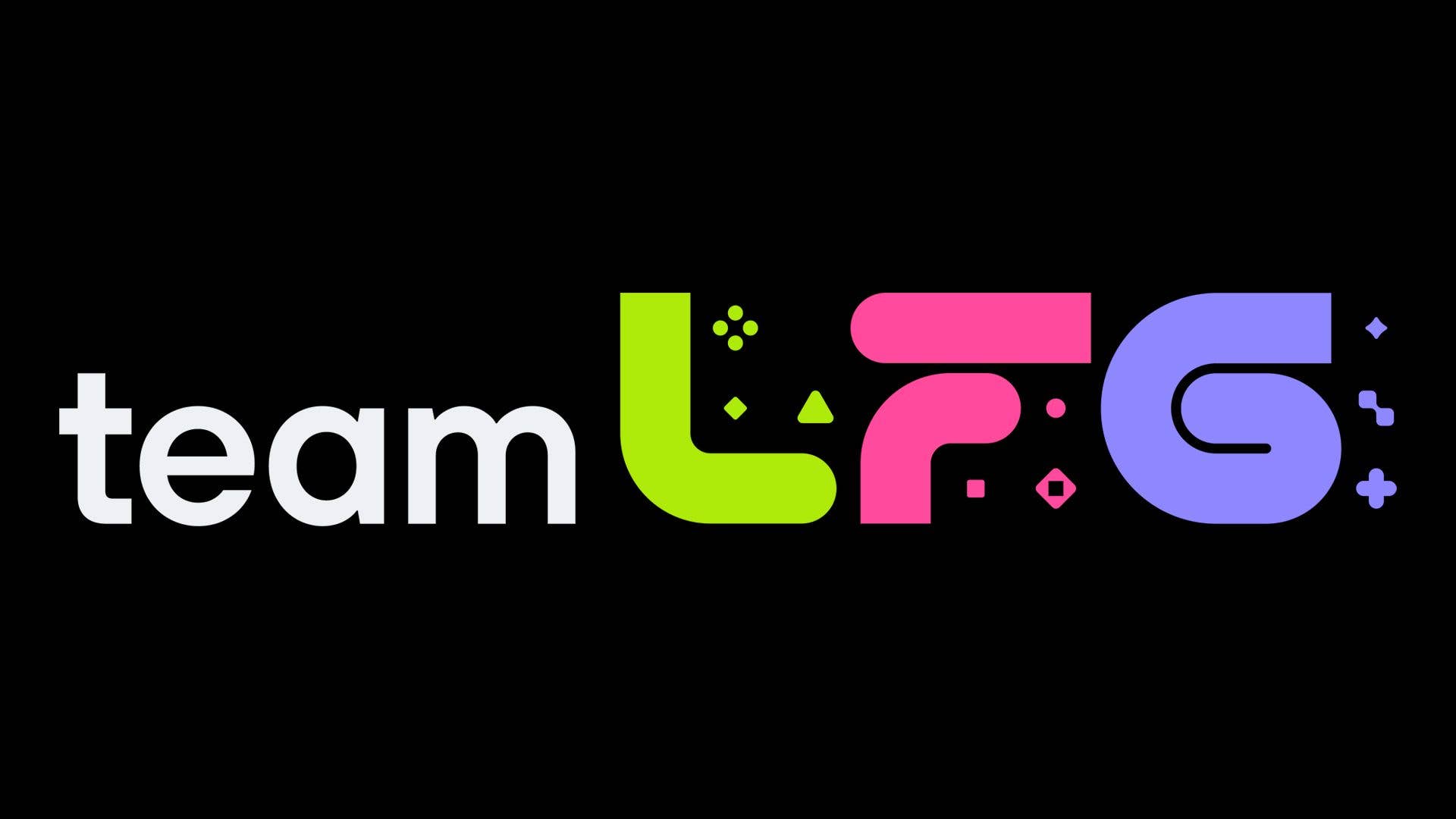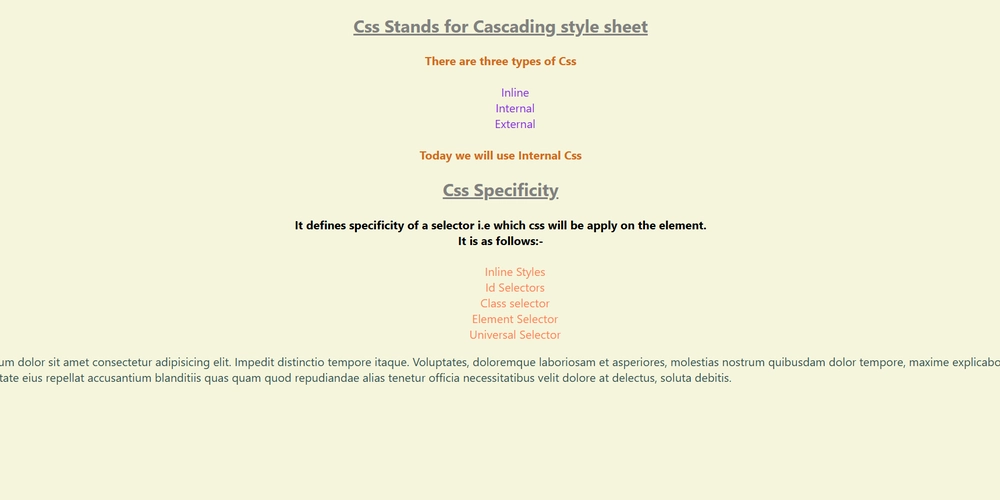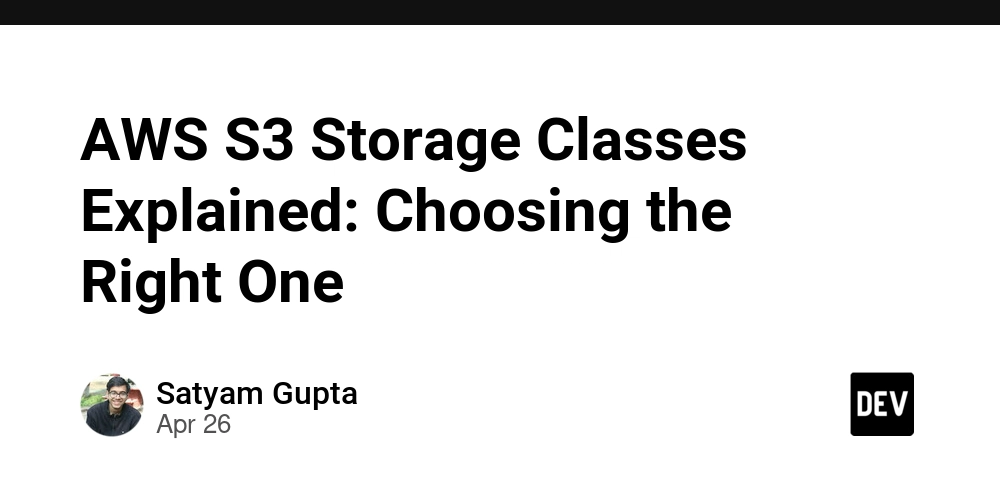Why PHP Is Still Worth Learning in 2025: By the Numbers
In the ever-evolving landscape of web development, technologies rise and fall with startling regularity. Yet, PHP—born in 1994 as "Personal Home Page"—continues to defy expectations. While newer languages like Python, Node.js, and Go frequently dominate tech conversations, the data tells a compelling story about PHP's persistent relevance in the developer ecosystem. PHP's Dominant Market Presence The numbers speak for themselves: 77.4% of all websites with known server-side languages use PHP (W3Techs, 2025) WordPress, powered by PHP, runs 43.2% of all websites on the internet (WordPress Stats, 2025) Over 2.1 million active PHP developers worldwide (SlashData Developer Population Report, 2024) Laravel, PHP's most popular framework, saw a 32% increase in adoption over the past year The PHP package manager Composer hosts over 380,000 packages with billions of downloads Employment Landscape The job market continues to demand PHP skills: PHP developer salaries average $89,500 annually in the US (Indeed Salary Data, 2025) 215,000+ PHP-related job postings appeared on major job platforms in the last 12 months 68% of enterprises maintain at least one PHP-based application in their tech stack PHP developers with Laravel expertise command a 18-24% salary premium Performance Improvements Modern PHP is not your grandfather's scripting language: PHP 8.3 executes code up to 35% faster than PHP 7.0 The JIT compiler introduced in PHP 8.0 improves performance by 20-30% for computation-heavy tasks Memory usage has decreased by 18% in recent versions PHP 8.x benchmarks now compete with Node.js in many common web scenarios The PHP Ecosystem PHP offers a mature, robust ecosystem: 38 major PHP frameworks are actively maintained WordPress, Magento, and Shopify power over 60% of e-commerce sites globally The PHP Foundation received $2.4 million in funding in 2024 to ensure ongoing language development PHP 8.4 (scheduled for late 2025) already has 42 accepted feature proposals Why Beginners Still Benefit PHP remains an excellent entry point for new developers: 72% of junior web developers report PHP was among their first three languages The average time to build a functional first application is 43% lower with PHP compared to other backend languages 81% of web hosting providers offer PHP support in their basic packages PHP developers typically master core web concepts 29% faster than those starting with more complex languages Enterprise Adoption Despite its reputation as a language for smaller projects, PHP has significant enterprise presence: 37% of Fortune 500 companies use PHP in some capacity Facebook maintains the Hack language, a PHP dialect, and contributes significantly to PHP's core Slack, Etsy, and Wikipedia all use PHP for critical infrastructure Enterprise PHP applications handle over 8.2 billion daily transactions across financial, healthcare, and e-commerce sectors Continuous Evolution PHP hasn't stood still while other languages innovated: PHP now supports attributes (annotations), named arguments, and union types The language has adopted 73% of the features most requested by enterprise developers Static analysis tools like PHPStan and Psalm have reduced production bugs by an average of 23% The PHP-FIG standards have brought consistent coding practices across major projects The Learning Investment For new developers, PHP offers an excellent return on investment: The average time to employability is 4.3 months for PHP developers Basic PHP proficiency requires approximately 120 hours of study (compared to 180+ for comparable languages) PHP developers typically master 3-4 additional languages within their first three years The PHP documentation is translated into 52 languages, making it accessible globally Conclusion While it's easy to dismiss PHP as yesterday's technology, the statistics paint a different picture. PHP's ubiquity, mature ecosystem, improved performance, and continuous evolution make it not just relevant but pragmatically valuable in 2025's development landscape. For career-minded developers, the numbers are clear: PHP skills remain in demand, well-compensated, and applicable across countless industries. Whether you're building a personal blog, an enterprise application, or the next big e-commerce platform, PHP offers battle-tested tools to bring your vision to life. In a field that often chases the newest shiny object, PHP's staying power is testament to a simple truth: practical utility often trumps technological novelty. As we look toward the future of web development, PHP's place seems assured—not just as a legacy language, but as a continuously evolving, powerful tool in the modern developer's arsenal.

In the ever-evolving landscape of web development, technologies rise and fall with startling regularity. Yet, PHP—born in 1994 as "Personal Home Page"—continues to defy expectations. While newer languages like Python, Node.js, and Go frequently dominate tech conversations, the data tells a compelling story about PHP's persistent relevance in the developer ecosystem.
PHP's Dominant Market Presence
The numbers speak for themselves:
- 77.4% of all websites with known server-side languages use PHP (W3Techs, 2025)
- WordPress, powered by PHP, runs 43.2% of all websites on the internet (WordPress Stats, 2025)
- Over 2.1 million active PHP developers worldwide (SlashData Developer Population Report, 2024)
- Laravel, PHP's most popular framework, saw a 32% increase in adoption over the past year
- The PHP package manager Composer hosts over 380,000 packages with billions of downloads
Employment Landscape
The job market continues to demand PHP skills:
- PHP developer salaries average $89,500 annually in the US (Indeed Salary Data, 2025)
- 215,000+ PHP-related job postings appeared on major job platforms in the last 12 months
- 68% of enterprises maintain at least one PHP-based application in their tech stack
- PHP developers with Laravel expertise command a 18-24% salary premium
Performance Improvements
Modern PHP is not your grandfather's scripting language:
- PHP 8.3 executes code up to 35% faster than PHP 7.0
- The JIT compiler introduced in PHP 8.0 improves performance by 20-30% for computation-heavy tasks
- Memory usage has decreased by 18% in recent versions
- PHP 8.x benchmarks now compete with Node.js in many common web scenarios
The PHP Ecosystem
PHP offers a mature, robust ecosystem:
- 38 major PHP frameworks are actively maintained
- WordPress, Magento, and Shopify power over 60% of e-commerce sites globally
- The PHP Foundation received $2.4 million in funding in 2024 to ensure ongoing language development
- PHP 8.4 (scheduled for late 2025) already has 42 accepted feature proposals
Why Beginners Still Benefit
PHP remains an excellent entry point for new developers:
- 72% of junior web developers report PHP was among their first three languages
- The average time to build a functional first application is 43% lower with PHP compared to other backend languages
- 81% of web hosting providers offer PHP support in their basic packages
- PHP developers typically master core web concepts 29% faster than those starting with more complex languages
Enterprise Adoption
Despite its reputation as a language for smaller projects, PHP has significant enterprise presence:
- 37% of Fortune 500 companies use PHP in some capacity
- Facebook maintains the Hack language, a PHP dialect, and contributes significantly to PHP's core
- Slack, Etsy, and Wikipedia all use PHP for critical infrastructure
- Enterprise PHP applications handle over 8.2 billion daily transactions across financial, healthcare, and e-commerce sectors
Continuous Evolution
PHP hasn't stood still while other languages innovated:
- PHP now supports attributes (annotations), named arguments, and union types
- The language has adopted 73% of the features most requested by enterprise developers
- Static analysis tools like PHPStan and Psalm have reduced production bugs by an average of 23%
- The PHP-FIG standards have brought consistent coding practices across major projects
The Learning Investment
For new developers, PHP offers an excellent return on investment:
- The average time to employability is 4.3 months for PHP developers
- Basic PHP proficiency requires approximately 120 hours of study (compared to 180+ for comparable languages)
- PHP developers typically master 3-4 additional languages within their first three years
- The PHP documentation is translated into 52 languages, making it accessible globally
Conclusion
While it's easy to dismiss PHP as yesterday's technology, the statistics paint a different picture. PHP's ubiquity, mature ecosystem, improved performance, and continuous evolution make it not just relevant but pragmatically valuable in 2025's development landscape.
For career-minded developers, the numbers are clear: PHP skills remain in demand, well-compensated, and applicable across countless industries. Whether you're building a personal blog, an enterprise application, or the next big e-commerce platform, PHP offers battle-tested tools to bring your vision to life.
In a field that often chases the newest shiny object, PHP's staying power is testament to a simple truth: practical utility often trumps technological novelty. As we look toward the future of web development, PHP's place seems assured—not just as a legacy language, but as a continuously evolving, powerful tool in the modern developer's arsenal.







































































